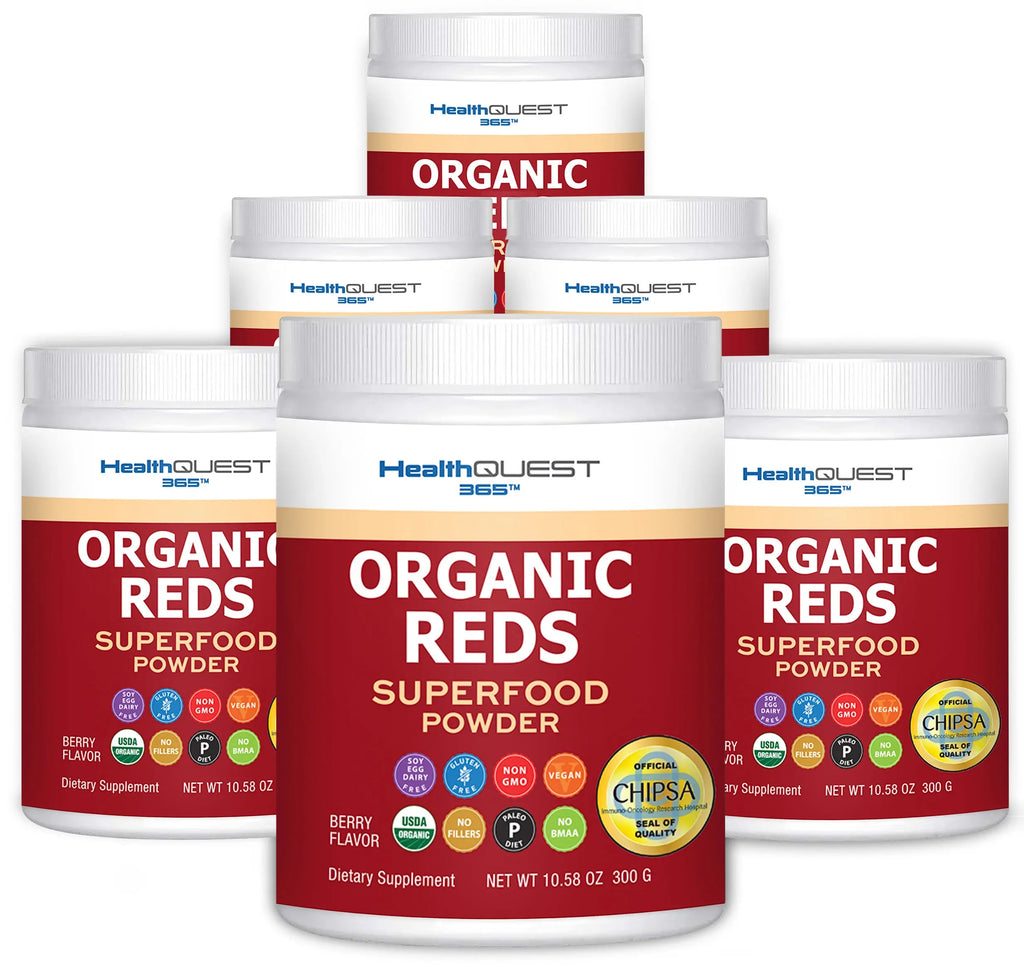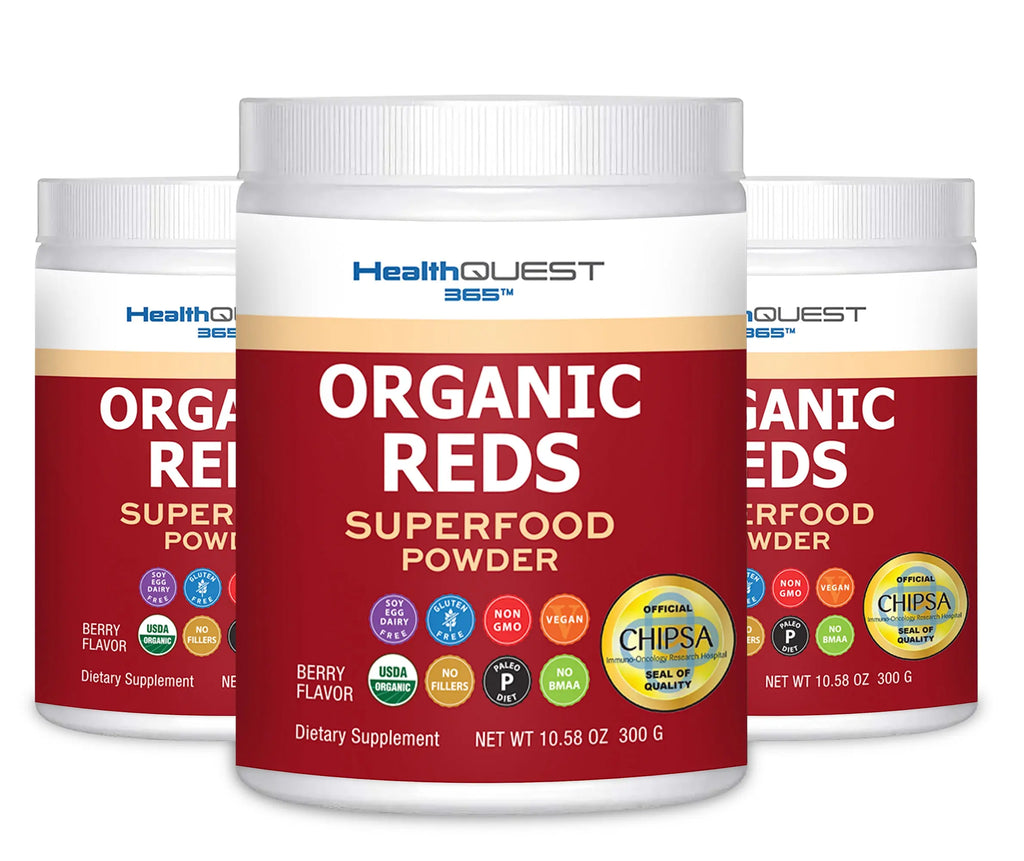It’s about health. It’s about healthy lifestyle. It’s about family™

The Importance of Insulin
If you've had science class, then you've surely heard about a hormone called insulin. It's a highly important component that affects the body's blood sugar levels.
People undergoing diabetes treatment are susceptible to changes in the body's natural insulin levels.
WHAT IS INSULIN ?
Insulin is a hormone that is naturally produced by the body. The pancreas is responsible for it. It plays an important role in converting glucose into energy.

WHAT IS GLUCOSE ?
Glucose can be obtained from carbohydrates, which are a type of sugar. It is processed into the blood once a meal is digested and passes through the small intestine.
What happens when the bloodstream recognizes the presence of glucose? It then pushes the body to absorb the sugars and convert them into usable energy.
Insulin plays a key role because it ensures that blood sugar levels are stable. There shouldn't be too much.
High blood glucose levels signal the body to transport all the excess to the liver. It is then stored there until the levels decrease. This happens when you're stressed or in between meals.
HOW DOES INSULIN AFFECT DIABETES?
What happens when the body fails to produce insulin or is unable to use insulin? Diabetes is diagnosed. There are two types of diabetes: Type 1 and Type 2.
TYPE 1 DIABETES
Type 1 diabetes is an autoimmune disorder that forces the body to harm itself. It causes the pancreas to stop producing insulin properly.
It commonly occurs in younger patients and stays with them until they become adults.
Type 1 diabetes treatment entails injecting insulin doses at prescribed times of the day. The insulin injections will help manage blood glucose levels.
TYPE 2 DIABETES
Type 2 diabetes is diagnosed when your body becomes resistant to insulin. This is called insulin resistance.
Consequently, the pancreas will work to overproduce insulin to stabilize glucose levels. The constant overwork wears out pancreatic cells.
Treatment for this type of diabetes requires certain oral medications. It also includes lifestyle changes to manage blood glucose levels. In severe cases, supplemental insulin may help.

Give You ALL Our Best Workbooks
Get all the Best Workbooks + Action Guides from our expert
TYPES OF INSULIN
Upon diagnosis, your doctor will prescribe a specific type of insulin. The best option for you will depend on your age and physical activity.
Your physician will also consider how long insulin stays active inside your body. They will look at how long it takes for your body to absorb it too.
There are eight types of insulin:
1) ULTRA-RAPID ACTING INSULIN
-
Onset: 2 to 15 minutes
-
Peaks in: 30 to 60 minutes
-
Total duration: 4 hours
-
Commonly used with: Long-acting insulin
Take this insulin with meals. It is most effective when ingested along with the first bite of your food.
2) RAPID ACTING INSULIN
-
Onset: 15 minutes
-
Peaks in: 1 hour
-
Total duration: 2 to 4 hours
-
Commonly used with: Longer-acting insulin
Take this insulin before meals.
3) RAPID ACTING INHALED INSULIN
-
Onset: 10 to 15 minutes
-
Peaks in: 30 minutes
-
Total duration: 3 hours
-
Commonly used with: Injectable long-acting insulin
Take this insulin before meals.

4) REGULAR INSULIN OR SHORT ACTING INSULIN
-
Onset: 30 minutes
-
Peaks in: 2 to 3 hours
-
Total duration: 3 to 6 hours
Take this insulin 30 to 60 minutes before meals.
5) INTERMEDIATE ACTING INSULIN
-
Onset: 2 to 4 hours
-
Peaks in: 4 to 12 hours
-
Total duration: 12 to 18 hours
-
Commonly used with: Rapid-acting insulin or short-acting insulin
Take this insulin once to twice a day, as prescribed by your physician. This is enough insulin to sustain your needs for half a day or overnight.
6) LONG ACTING INSULIN
-
Onset: 2 hours
-
Does not peak
-
Total duration: Up to 24 hours
-
May be used with: Rapid-acting insulin or short-acting insulin
Take this insulin once a day.
7) ULTRALONG ACTING INSULIN
-
Onset: 6 hours
-
Does not peak
-
Total duration: 36 hours or longer
-
May be used with: Short or rapid-acting insulin
Take this insulin once a day.
8) PREMIXED INSULIN
-
Onset: 5 to 60 minutes
-
Peak times vary
-
Total duration: 10 to 16 hours
This type of insulin is a mixture of short and intermediate-acting insulin.
Take this insulin twice a day. It is suggested to be taken at least 10 to 30 minutes before having breakfast and dinner.

FREE "Mystery Gift"?
Let me stay in touch with you via email and as a thank you - get this FREE gift.. Something others paid over $1,000 for.
(True story)
HOW TO ADMINISTER INSULIN
Depending on your preference and diagnosis, there are different types of insulin injections. You can choose from pumps, pens, or syringes.
INSULIN PEN AND INSULIN SYRINGE
Insulin pens and syringes will pierce until under the skin. Delivery can be done on the:
-
Buttocks
-
Abdomen
-
Upper arm
-
Thighs
The area where you deliver insulin should change from time to time. This is to avoid the formation of any fatty deposits or lumps on the injection site.
INSULIN PUMP
A pump is a good option for insulin delivery without a syringe. A plastic tube will be placed under your skin, right in the fatty layer.
The substance will be delivered regularly through the tube.
ESTABLISH AN INSULIN ROUTINE
With the help of your doctor, you can get the best insulin plan for balancing your blood glucose. You can choose your preferred types and delivery method.
Insulin pens, for example, are more expensive than insulin pumps. You might want to consider the most affordable way for you.

MANAGE BLOOD SUGAR LEVELS WHILE TAKING INSULIN WITH ORGANIC GREENS 365
Keeping your blood sugar level steady is vital for managing diabetes. What can you do aside from receiving the correct insulin dose and choosing the proper type? Maintain a healthy diet.
Organic Greens 365 Superfood Powder is an excellent supplement for good blood sugar control. Regular intake can stabilize glucose levels and improve digestion. It can also help strengthen the immune system. It can even help control weight gain too.
FREQUENTLY ASKED QUESTIONS
Insulin regulates blood sugar levels by allowing cells to take in glucose for energy, playing a crucial role in metabolism and energy regulation.
Insulin deficiency or resistance impairs the body's ability to regulate blood sugar levels, leading to high blood sugar levels characteristic of diabetes mellitus.
Yes, insulin therapy is a common treatment for diabetes, helping to control blood sugar levels and prevent complications associated with high blood sugar.
Common side effects of insulin therapy may include hypoglycemia (low blood sugar), weight gain, injection site reactions, and allergic reactions in some individuals.
Following a healthy diet, maintaining a healthy weight, staying physically active, and managing stress can improve insulin sensitivity and help prevent or manage conditions like insulin resistance and type 2 diabetes.
TRY AND GET MORE BENEFITS
... AND HE HATES VEGETABLES!
ORGANIC SUPER GREENS DRINK!
CHIPSA HOSPITAL CERTIFIED NUTRITION

CHIPSA Hospital, known as the original Gerson Hospital, was founded by Charlotte Gerson and Victor Ortuno in 1979.
CHIPSA is known as one of the leading integrative immuno-oncology treatment hospitals in the world.
CHIPSA Patients follow an Enhanced Gerson Protocol and drink 13 Cold Pressed Juices a day and 2oz of Organic Greens 365 daily.
*These statements have not been approved by the Food and Drug Administration. This product is not intended to diagnose, treat, cure, or prevent any disease.
The website's content and the product for sale is based upon the author's opinion and is provided solely on an "AS IS" and "AS AVAILABLE" basis. You should do your own research and confirm the information with other sources when searching for information regarding health issues and always review the information carefully with your professional health care provider before using any of the protocols presented on this website and/or in the product sold here.
Neither Health Quest 365 LLC. nor the author are engaged in rendering medical or similar professional services or advice via this website or in the product, and the information provided is not intended to replace medical advice offered by a physician or other licensed healthcare provider.







